Maintain Fireplace Safety with Professional Chimney Checks
Regular chimney inspections are essential to ensure the safety and proper functioning of a fireplace system. A thorough assessment can identify potential issues before they develop into costly repairs or safety hazards.
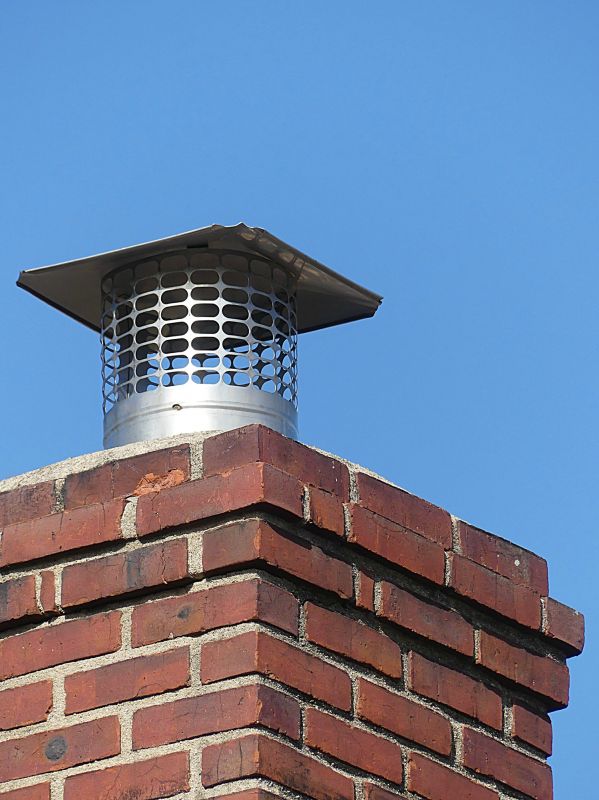
A chimney cap prevents debris, animals, and water from entering the chimney, protecting its integrity.
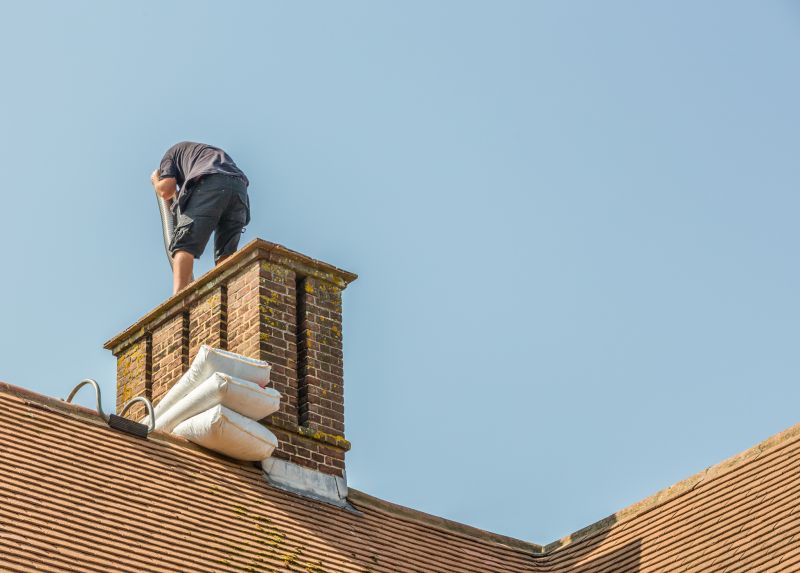
The liner safeguards the chimney structure and improves heat and smoke venting.
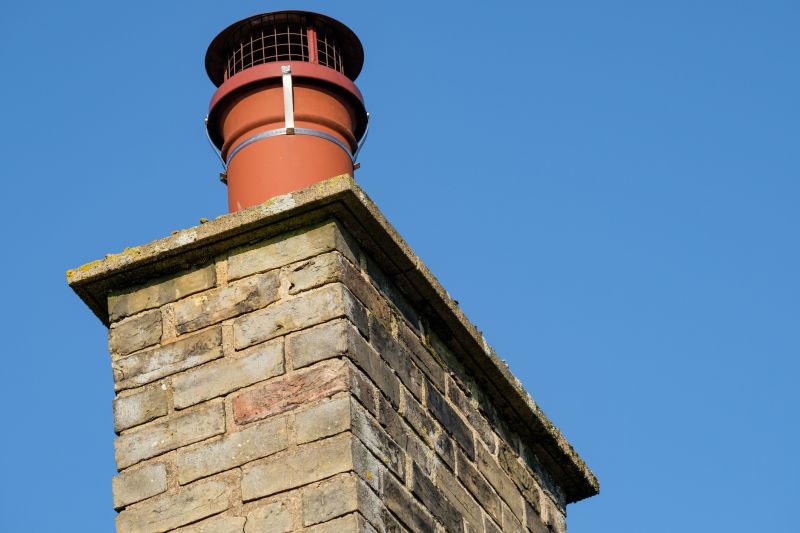
The damper controls airflow and prevents heat loss when the fireplace is not in use.
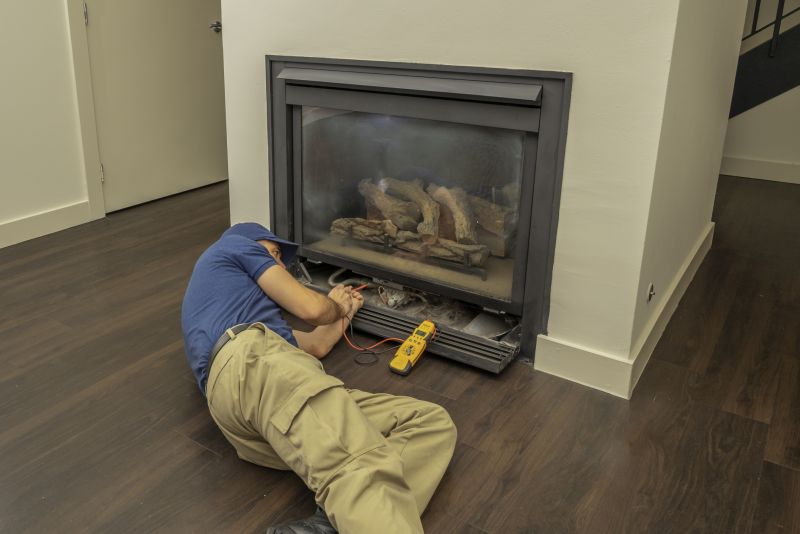
Assessing the condition of the fireplace ensures safe operation and identifies potential hazards.
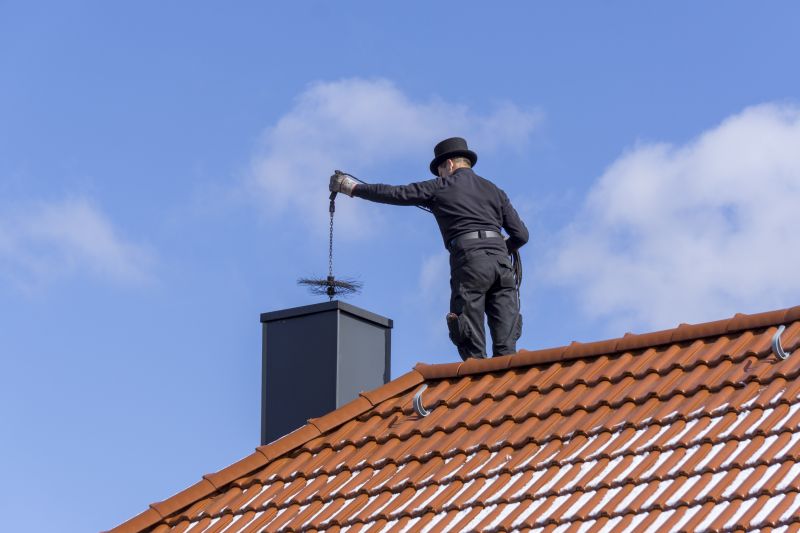
The flue directs smoke and gases out of the home, requiring regular inspection for blockages.
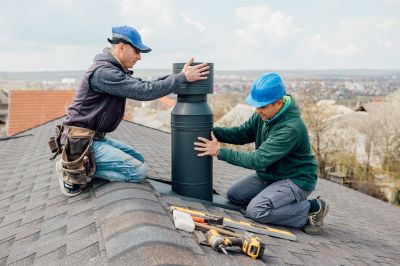
Accumulation of creosote increases fire risk and requires removal during inspections.
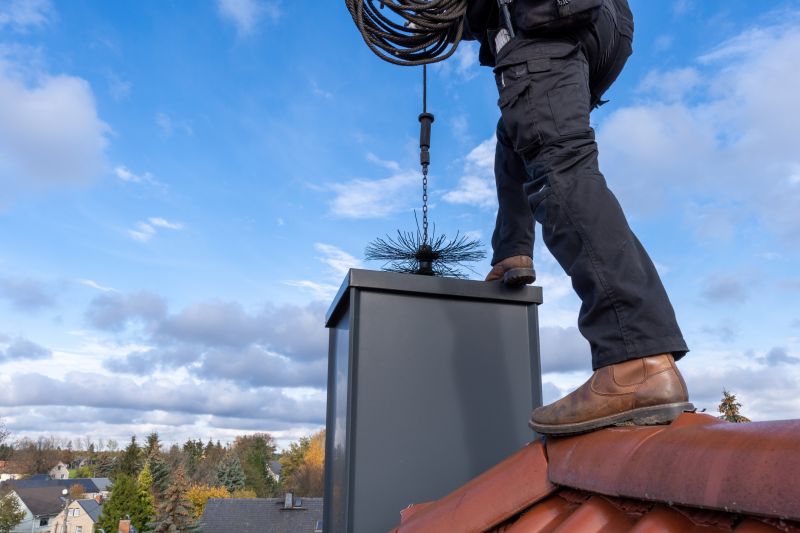
Inspecting the overall structure helps prevent collapse and other safety issues.
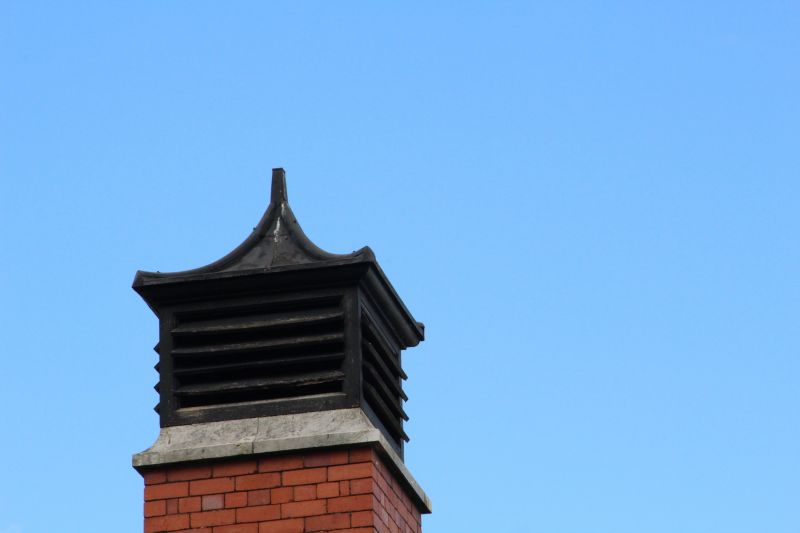
The crown protects the top of the chimney from water penetration and damage.
Properly functioning chimneys are vital for safe and efficient fireplace operation. Malfunctions or blockages can lead to dangerous conditions such as smoke backdrafts, carbon monoxide buildup, or chimney fires. Identifying issues early through regular inspections can prevent these hazards and extend the lifespan of the chimney system.
Key components of a chimney include the chimney cap, liner, damper, flue, and crown. Each plays a crucial role in maintaining safety and performance. Damage or deterioration in any of these parts can compromise the entire system, emphasizing the importance of professional inspections.
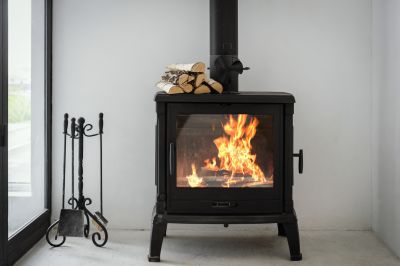
A traditional wood burning fireplace requires regular chimney inspections for safety and efficiency.
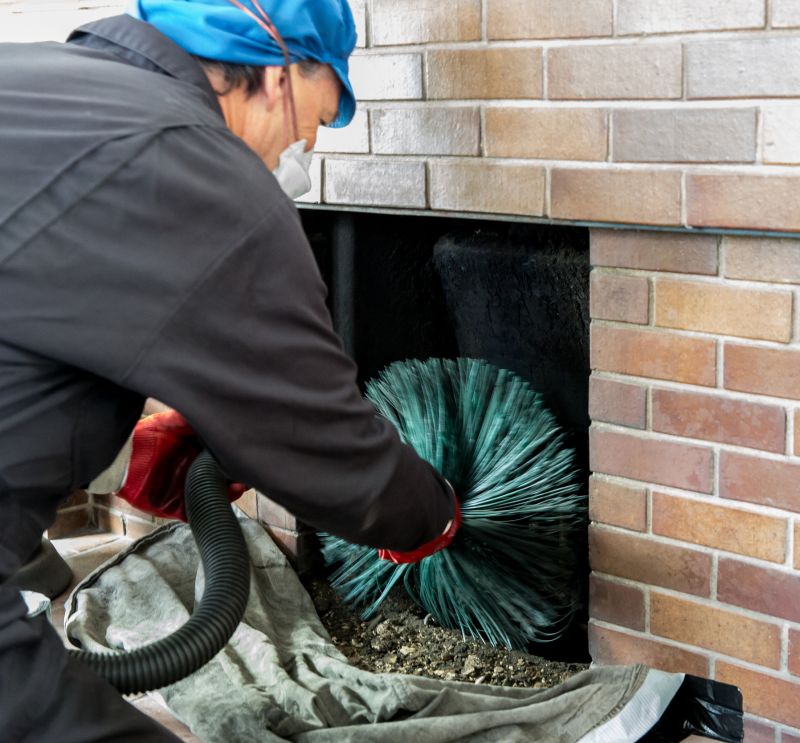
Inspection of all components ensures proper operation and prevents hazards.
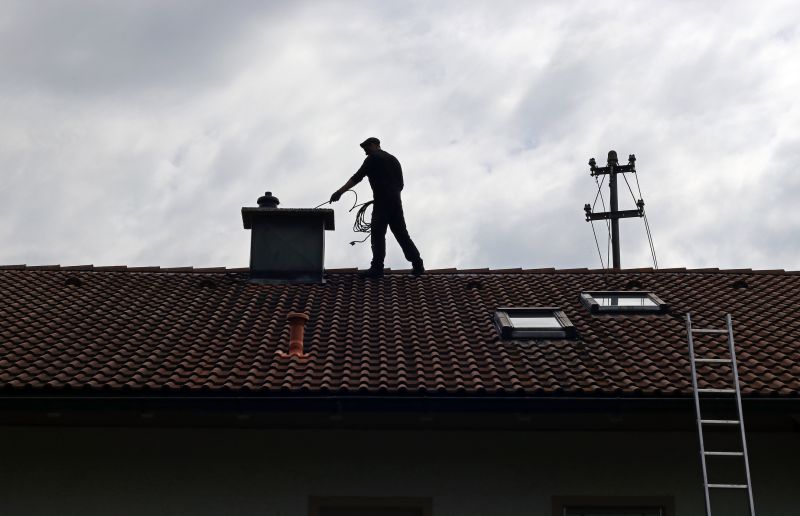
Visual evidence of creosote buildup highlights the need for cleaning and inspection.
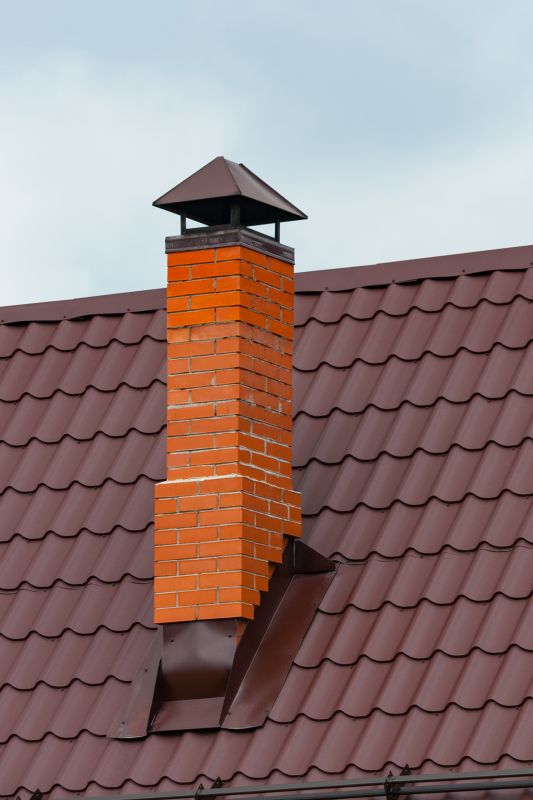
Checking the damper's function helps control airflow and heat retention.
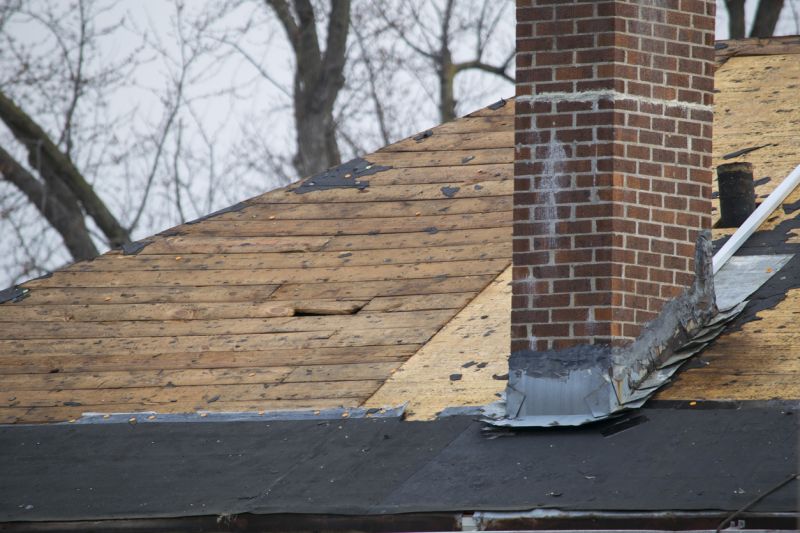
Cracks or deterioration can threaten structural stability and safety.
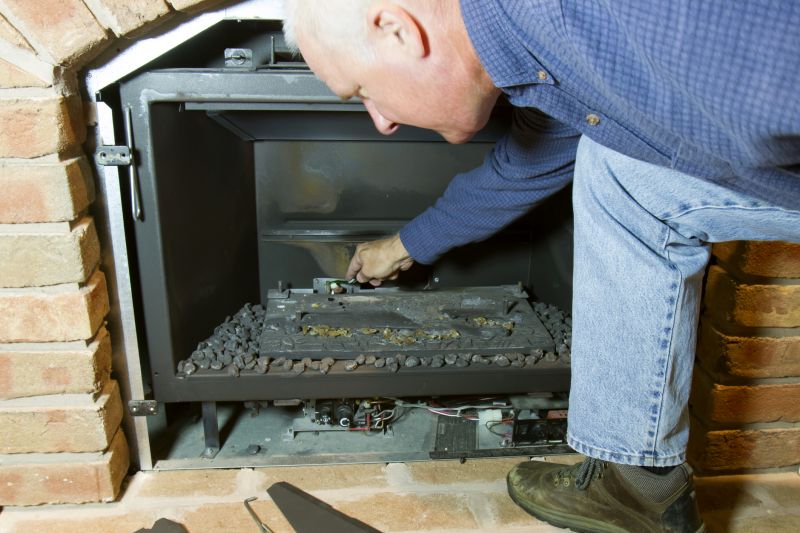
Ensuring all parts are in good condition reduces the risk of fire or smoke intrusion.
Routine chimney inspections are recommended to maintain safety, improve efficiency, and prevent costly repairs. Addressing issues such as creosote buildup, damaged liners, or compromised caps can significantly reduce the risk of fire and ensure safe operation during each use.
To schedule a comprehensive chimney inspection, contact through the provided form to receive a detailed quote tailored to specific needs. Regular assessments contribute to a safe and efficient fireplace experience.



